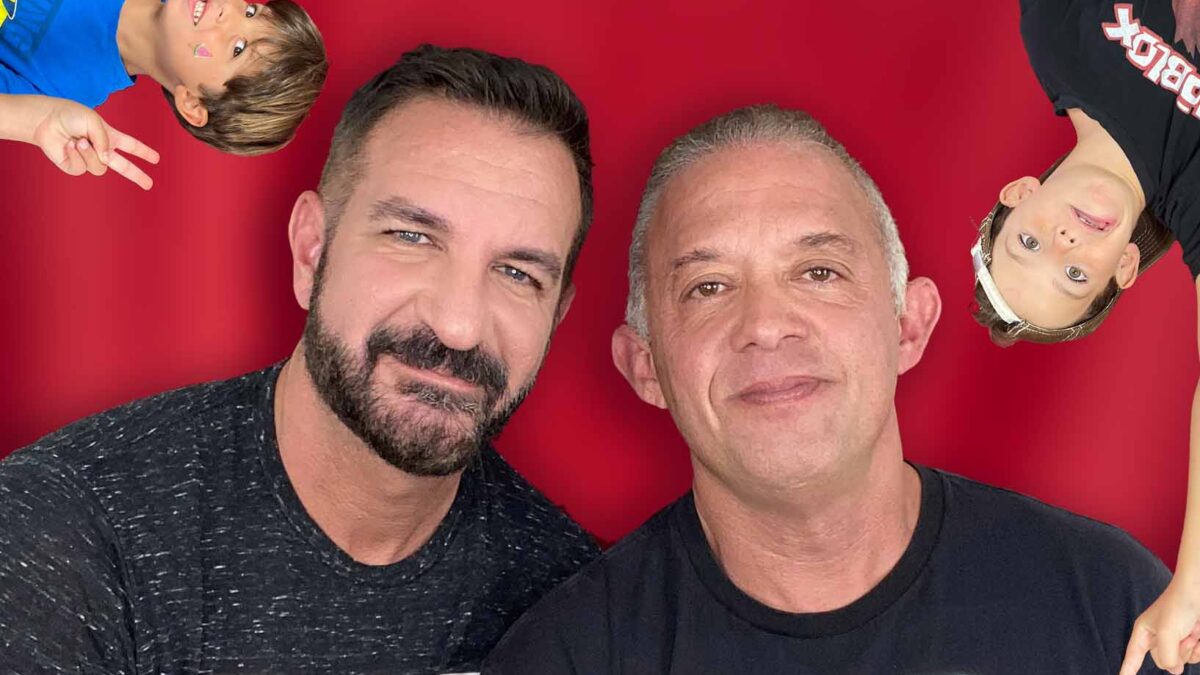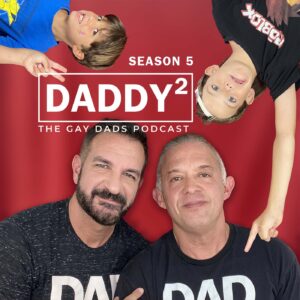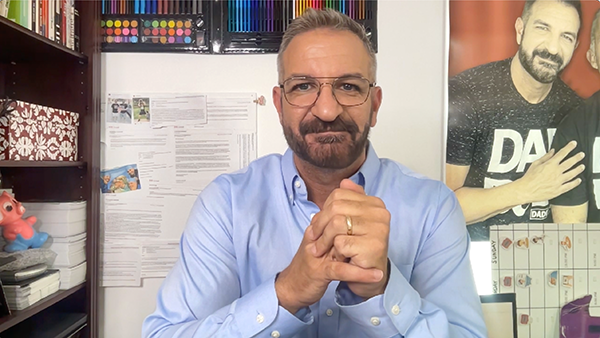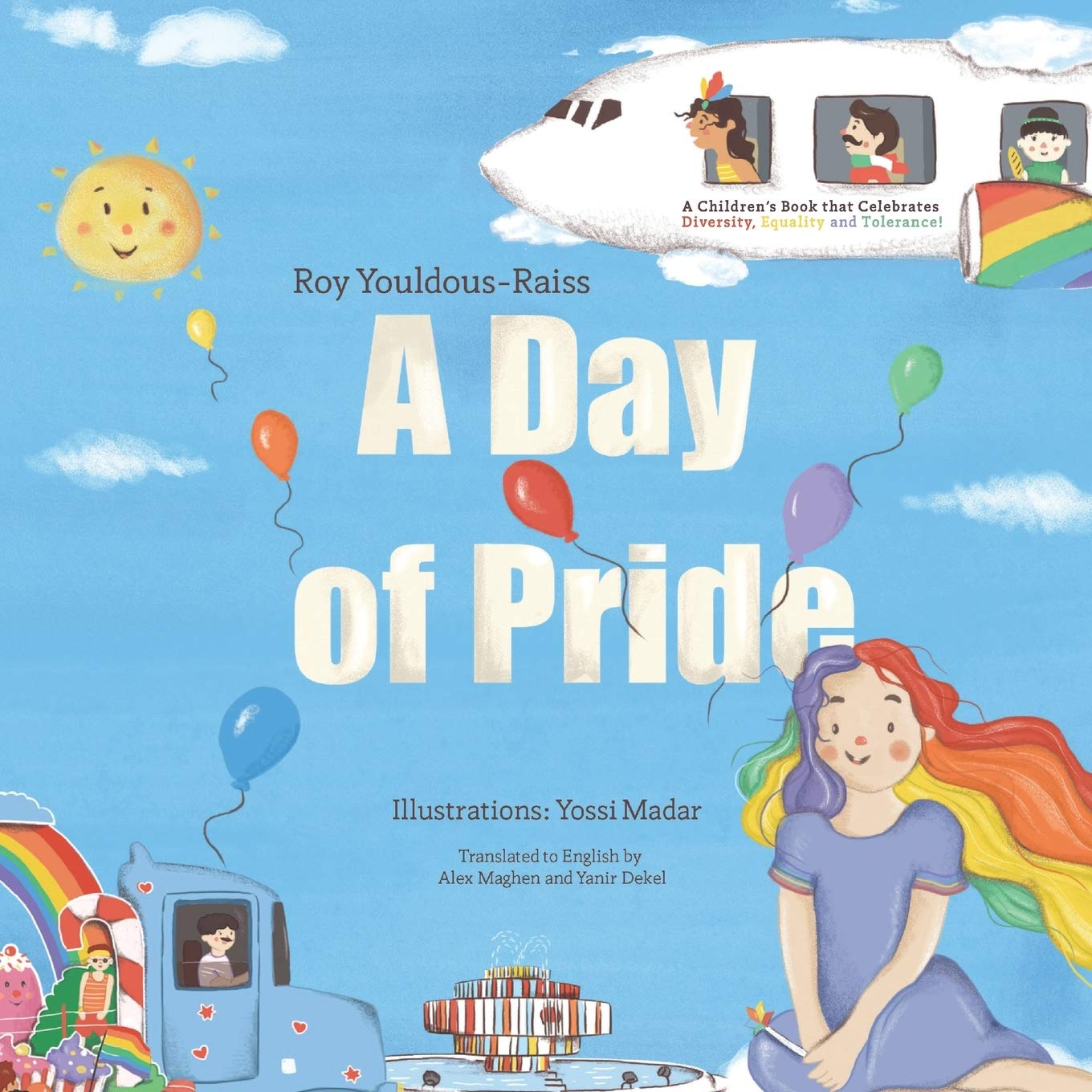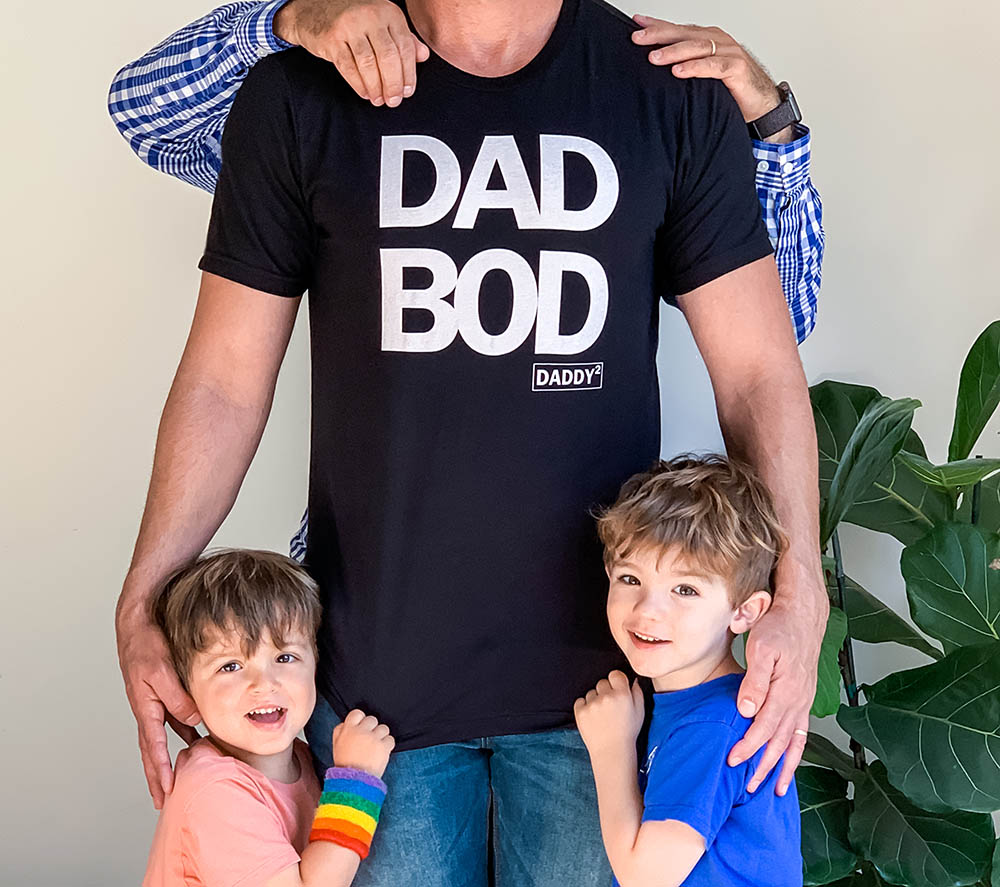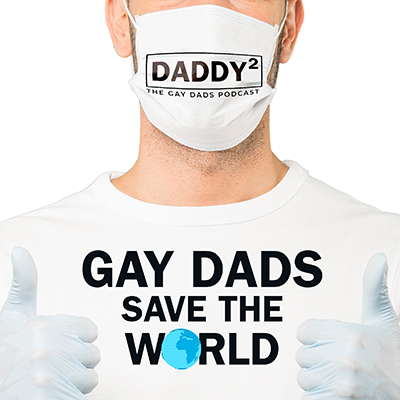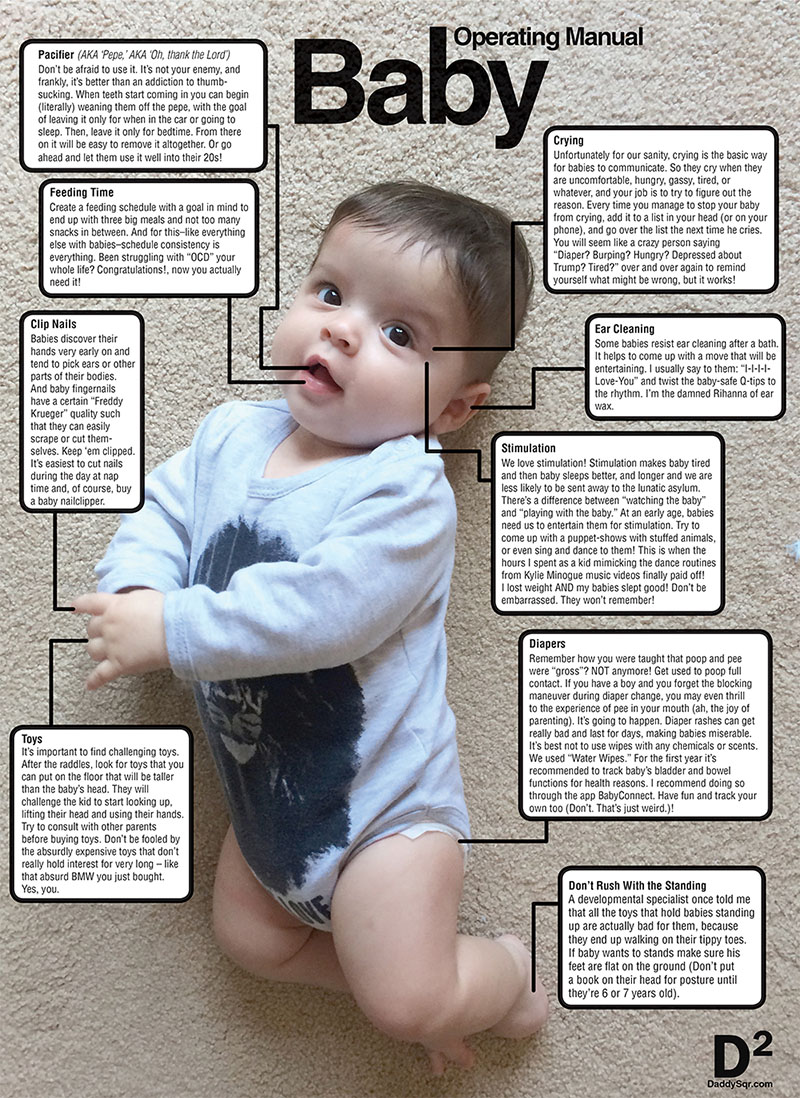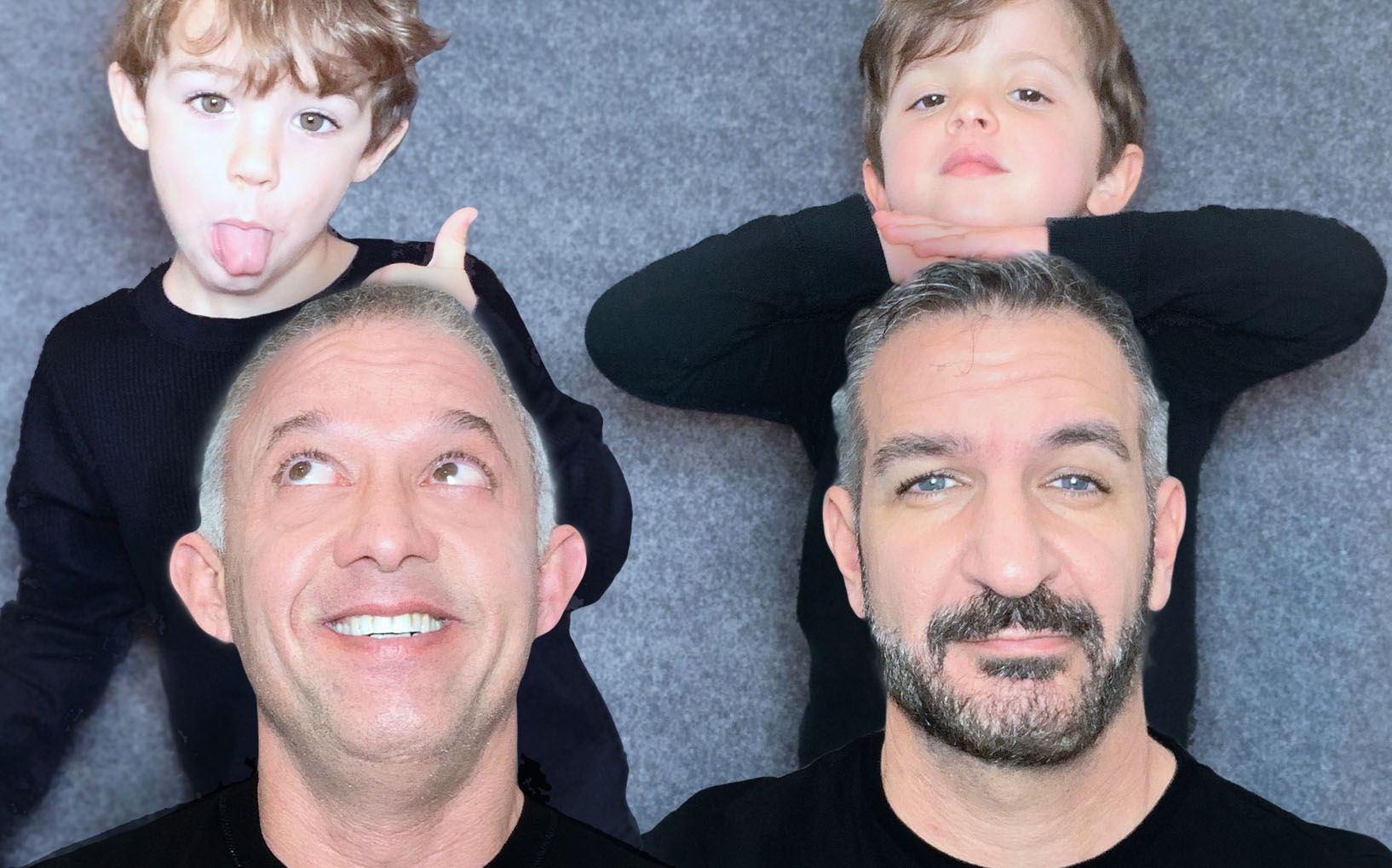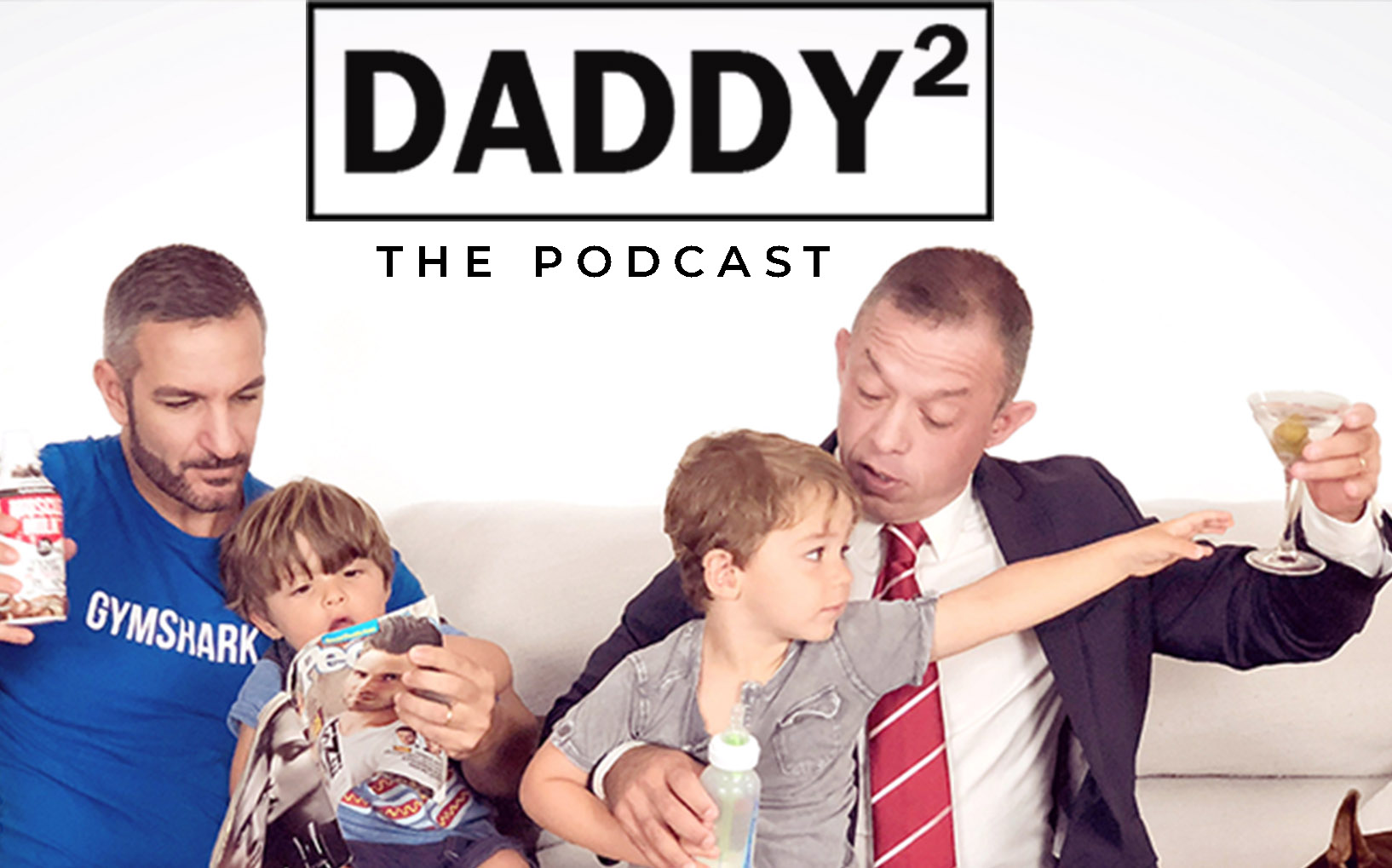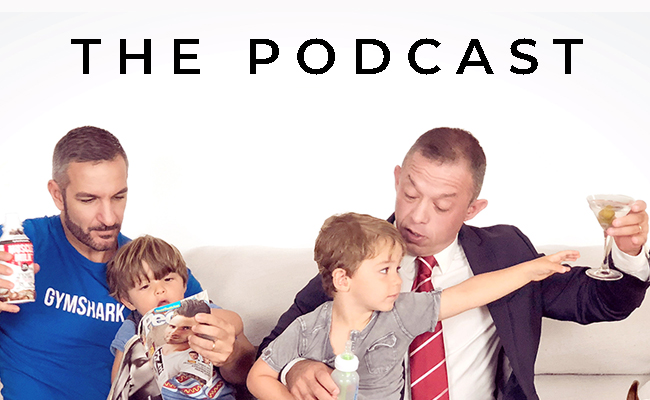5×13 Bullying
Podcast: Play in new window | Download | Embed
Subscribe: Apple Podcasts | Google Podcasts | Spotify | Stitcher | TuneIn | RSS | More
Latest research shows that more than 25% of children experience bullying, based on them being or seeming different. Some bullied kids end up with serious emotional damage. In this episode we discuss bullying with Ross Ellis from Stomp Out Bullying, and also Yan shares what he learned, unfortunately from his own personal experience. This is part 2 of a double-episode special, celebrating 100 episodes of Daddy Squared: The Gay Dads Podcast.
According to stopbullying.gov, bullying is defined as unwanted, aggressive behavior among school-aged children that involves a real or perceived power imbalance. The behavior is repeated, or has the potential to be repeated, over time. Both kids who are bullied and who bully others may have serious, lasting problems.
“Kids don’t want to come to and tell you, ‘dad, this is something that’s happening to me,’” says Ross Ellis, a parenting expert and founder of Stomp Out Bullying. “They try to fix it themselves or pray it will go away. But it doesn’t go away. You really have to take steps.”
This is part 2 in a special double-episode, celebrating 100 episodes of Daddy Squared: The Gay Dads Podcast, discussing bullying. In part 1, also dropped today, we discussed stereotypes and judgement of gay dads. In both episodes we saw how the two subjects are weaved into each other.
“If a kid is being verbally bullied, we tell them to use what we call ‘comebacks’ – don’t have a conversation,” Ellis advises. “You’ve just taken away the bully’s power. Never use the word ‘ignore’ because you just cannot ignore bullying, but you can say things and do things that will make the bully think, ‘what just happened?! And if you experience cyber bullying – never ever respond. I don’t care what they say, just click ‘delete’ and block.”
“That is the bully’s worst nightmare, when someone responds not the way they want them to. You’re taken away their power,” she adds.
Ellis also advises parents to resist the urge of going to the bully’s parents, and try to solve it in indirect way in order to avoid escalation with the parents.
“If you find out that a kid is a bully, you don’t want to go to the parents, because the parents will probably have the attitude of ‘not my kid,’” she says. “And the it creates a problem in the neighborhood with the kids and the whole thing. Hopefully your kids can get to this kid by being nice and being kind. If it gets really bad you may want to talk to the principal and see how they handle it, and by the way, there are anti-bullying legislate in every state.”
Based on the conversation with Ross Ellis, and on his own experience of being harshly bullied as a kid, Daddy Squared’s Yan talked about the result of that growing up, and also comes up with top three suggestion of what could have helped him, and what can help a child who is harshly bullied in the same way.
Yan’s Advise for Parents Whose Kids Are Being Bullied
1: Pay extra attention to your kid’s social experience
Some kids may not admit they were bullied – but the parents can tell. If you suspect that your kid is being bullied, first validate it by seeing it around: pay extra attention when you are in public with your kid, see what type of kids he brings home, etc. If you find these validation, try to get the kid to talk to you about what are people do or say to him. Consult with a specialist, and do not ignore, because you ignoring leaves the kid alone in this horrible situation. Support your kid by constantly telling him how much you love them the way they are.
2: Learn reaction options during an attack
The feedback to the bully is key. The more the answer to the bully is that you think it’s no big deal – the faster you can ‘disarm’ them.
3: Try to get at least one kid to tell them they want to be friends with them.
“I never answered to the bullies – but I was miserable,” Yan says. “It would have been amazing if there was a friend who acknowledged what I was going through and say that they don’t care what other said and that they liked me. My girl friends definitely saw that I was bullied but never talked to me about it. So I grew up with a deep feeling of ‘there’s something wrong with me.’”
As a parent, if you see that your bullied child has that one friend that they feel safe with – try to somehow get that friend to say to your child that they like them as friends despite what others say. Creating a support system around a kid who’s constantly bullied is a key.
Our Guest: Ross Ellis
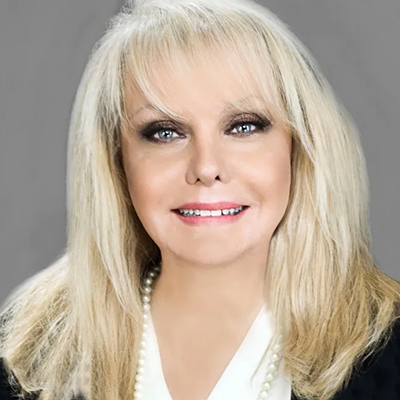
Ross Ellis is the founder and CEO of STOMP Out Bullying. She is nationally recognized as an expert for her work in bullying and cyberbullying prevention, social advocacy for youth, violence against children, and online safety.
With over 20 years of experience in the non-profit, public relations and corporate sector, Ross has been a child advocate for more than two decades, educating on reducing and preventing bullying, cyberbullying, and other digital abuse, educating against homophobia, LGBTQ+ discrimination, racism and hatred, and deterring violence in schools, online and in communities across the country. She spearheaded a social health initiative to avoid the negative affect social media can have on teens which can distract them, disrupt their sleep, and expose them to cyberbullying, rumor spreading, unrealistic views of other people’s lives and peer pressure.
A noted speaker to schools and corporations, Ms. Ellis is often asked to provide expert commentary to news organizations and has won numerous awards.
Men Having Babies Corner
Men Having Babies is a nonprofit organization that helps gay men who are interested in becoming fathers through surrogacy navigate the sea of information and overcome the financial barrier. In this episode, Lisa from Men Having Babies discusses the difference between traditional surrogacy and gestational surrogacy.
Episode Credits
Co-Hosts: Yan Dekel, Alex Maghen
Guest: Ross Ellis, Stomp Out Bullying
Opening Theme: Hercules & Love Affair, “Leonora” buy here
Articles Related to this episode:
- Resources on bullying on the government’s website and on Stomp Out Bullying
- “If You Are Going To Teach Your Son To Hate…” Dad Stands Up For Gays (Instinct Magazine)
- What the World Can Learn From Gay-Straight Friendships (The New York Times)
- Comeback lines: Are You Being Bullied? How to Deal with Bullies
- Pharrell-produced science show ‘Brainchild’ wants to inspire kids to pursue STEM
- How We Got Our Babies to Sleep Through the Night
- Bros – Official Trailer

